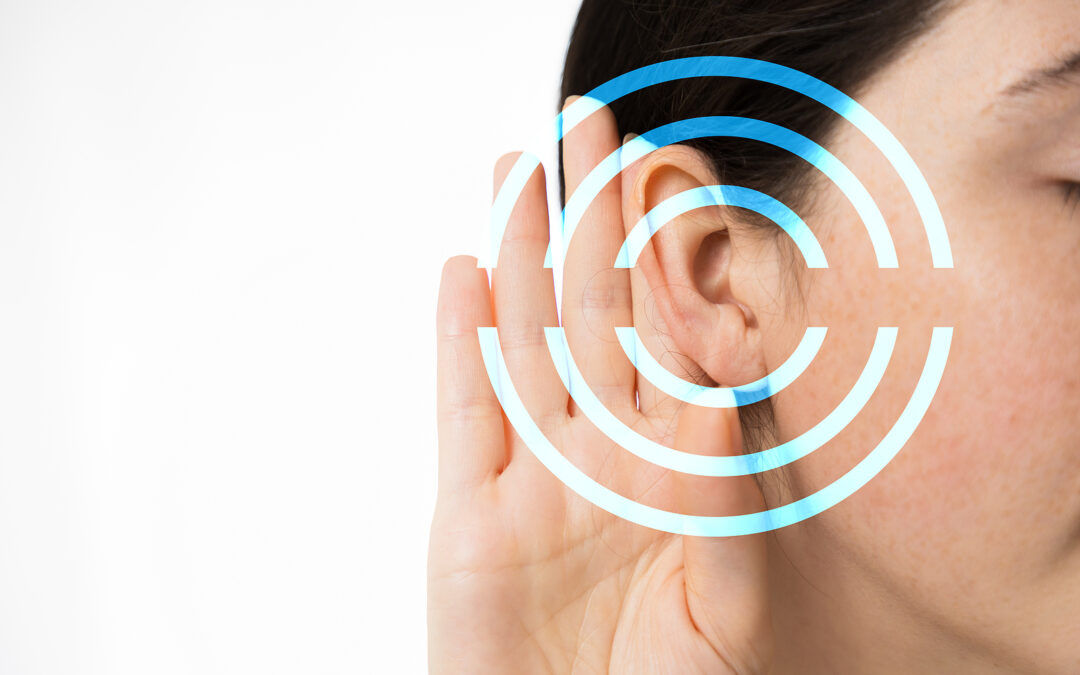Tinnitus is a condition that many people experience. It involves a perception of sound when there is no external noise present. Tinnitus can be bothersome and can affect daily life. Understanding the common signs of tinnitus can help identify and manage the condition more effectively.
Common Signs of Tinnitus
One of the most common signs of tinnitus is hearing sounds that do not come from any external source. These sounds can vary in pitch and type. Some people hear a high-pitched ringing, while others might experience a low, buzzing sound. These noises can be heard in one ear or both.
People with tinnitus often become more sensitive to everyday sounds. This condition is known as hyperacusis. Normal sounds may seem louder or more intrusive, making it uncomfortable to stay in environments with ambient noise.
Tinnitus can also make it hard to concentrate or focus. The constant noise can be distracting, making tasks like reading, working, or watching TV challenging. This lack of focus can affect performance at work or school.
Another common sign of tinnitus is trouble sleeping. The persistent noise can make it hard to fall asleep or stay asleep throughout the night. Insomnia or restless sleep can result in fatigue and irritability during the day.
Some individuals with tinnitus report a feeling of fullness or pressure in the ear. This sensation can accompany the noise, making it feel like the ear is clogged or stuffed. It differs from the pressure felt during a change in altitude or from fluid in the ears.
Tinnitus symptoms can lead to anxiety and stress. Constant noise can cause frustration and distress, which in turn can worsen tinnitus. Stress and anxiety are known to amplify the perception of tinnitus, creating a challenging cycle.
Causes of Tinnitus
Understanding the causes of tinnitus can help identify potential triggers. Tinnitus can result from exposure to loud noises, ear infections, earwax buildup, age-related hearing loss, and certain medications. Sometimes, it’s associated with conditions like Meniere’s disease, high blood pressure, or diabetes.
Loud noises are one of the most common causes of tinnitus. Exposure to loud music, machinery, or explosive noises can damage the inner ear and lead to tinnitus. Using ear protection in noisy environments can help prevent this condition.
Ear infections can cause inflammation, which may contribute to tinnitus. Similarly, earwax buildup can block the ear canal, creating pressure and leading to tinnitus sounds. Keeping one’s ears clean and seeking medical treatment for infections can reduce the risk of tinnitus.
As people age, hearing loss becomes more common. This type of hearing loss can be a factor in tinnitus. The degeneration of sensory cells in the inner ear often results in both hearing loss and the ocurrence of tinnitus.
Some medications, such as certain antibiotics, diuretics, and aspirin, also list tinnitus as a side effect. Consulting a hearing health professional about medication concerns and potential alternatives can help mitigate this risk.
Seeking Help for Tinnitus
If signs of tinnitus are present, it is important to seek medical advice. A hearing health professional can diagnose the condition and recommend treatment options, including hearing aids and lifestyle changes to manage symptoms.
Certain lifestyle changes can also help manage tinnitus. Reducing caffeine and alcohol intake, practicing relaxation techniques, and protecting ears from loud noises are some examples. These changes can lessen the impact of tinnitus on daily life. By taking proactive steps, it’s possible to manage symptoms and reduce their impact.


